Hay Festival Querétaro 2022 – Education
Welcome to the Hay Festival Querétaro 2023 programme. The festival will take place from 7 to 10 September. We will have 105 activities with 151 interantional guests from 20 countries, and with Hay Joven, Hay Festivalito, Hay Delegaciones and Talento Editorial events, as well as two activities in Cadereyta.
Event HJ13
Elisa Guerra and Adriana Grimaldo
Universidad Pedagógica Nacional
Read moreElisa Guerra (Mexico) lectures in Education at the University of Harvard. In 2015 she was named Best Educator in Latin America and the Caribbean by the Inter-American Development Bank, and she was a member of the International Commission of UNESCO’s Futures of Education. Adriana Grimaldo (Mexico) has a Master’s in Creativity and Imaginative Education. She is an Academic Consultant to CIRCE (Centre for Imagination in Research, Culture and Education) and Academic Coordinator in Imaginative Education, Mexico. These two guests, together with the writer and educator, Pablo Boullosa, have written Aprendizaje: una forma de vida. Alcances y prácticas de la educación imaginativa. This is a text book for Imaginative Education and an innovative educational proposal that compiles testimonies from teachers at all levels of education, telling how they have implemented innovative educational practices in their classes, applying imaginative education.
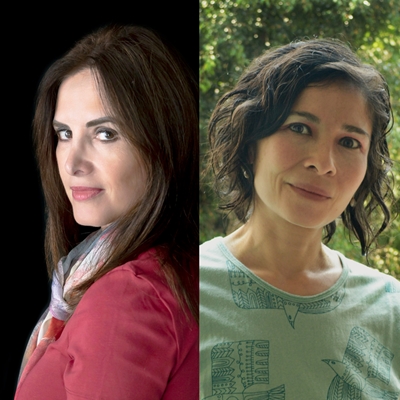
Event HD5
Jumko Ogata Aguilar in conversation with Elisa Guerra
Centro Cultural Comunitario Carrillo Puerto
Read moreThe main character of Mi pelo chino says that she used to find her curly hair annoying because it was unlike the hair of other girls her age. However, one day her grandfather teaches her the special care that her Chinese hair needs, and all the hairstyle possibilities it offers, because this shows how she can be beautiful in different ways. This is a story about the construction of an identity in peoples who have traditionally been ignored in national cultural production. Jumko Ogata Aguilar (Xalapa, 1996) is a writer and an Afro-Mexican anti-racism activist. Originally from Veracruz, she studied Latin American Studies at the UNAM. She writes fiction, essays and film criticism. Her writings have been published in the Revista de la Universidad de México and by the British Council in Mexico, and she writes a column for Coolhuntermx. She contributed to the anthology of feminist texts Tsunami 2, published by Sexto Piso in 2020. In conversation with Elisa Guerra.

Explore All Genres
- Afrodescendencias
- Art
- Arts & Culture
- Biography
- Children
- Culture
- Dance
- Drawing
- Economics
- Education
- Equality
- Family
- Film
- Food
- Gender
- History
- Human Rights
- Indigenous Cultures
- Journalism
- Language
- Law
- Literature
- Lviv BookForum
- Memoir
- Music
- Nature & Environment
- Performance
- Photography
- Poetry
- Politics
- Science
- Society & Health
- Theatre
Principal Sponsor
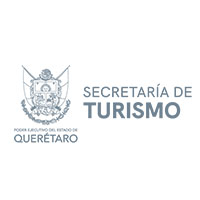

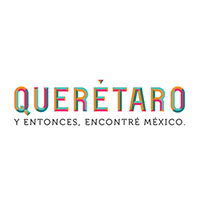
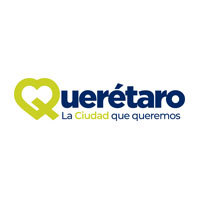
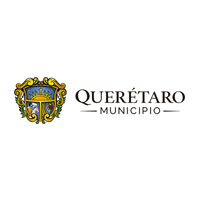
Partner for Latin America

